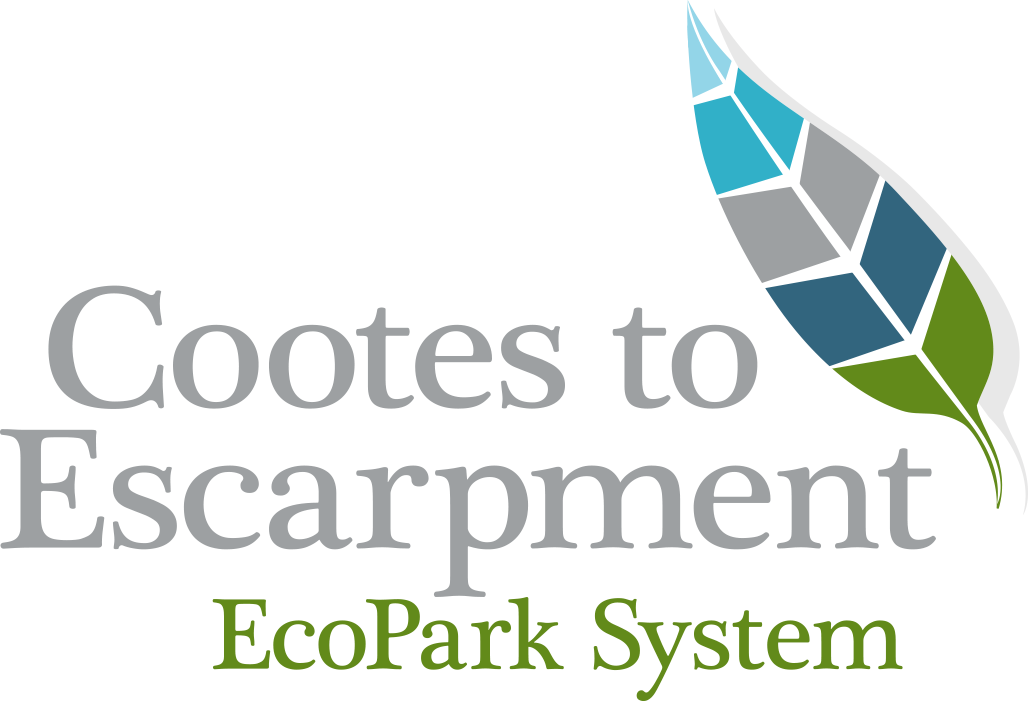Halton Region Helps Restore Key Portion of Ecological Corridor in Burlington
Halton Region
March 28, 2024
As part of the Cootes to Escarpment EcoPark System’s Ecological Corridors Pilot Program, Halton Region has undertaken habitat restoration efforts in the Falcon Creek area of the City of Burlington. Completed in late 2023, the restoration project included native tree plantings and treatment of invasive species and signals completion of the first year of the 10-year Forest Management Plan.
Where is the restoration project located?
The restoration project is located on the northern portion of the retired Burlington Landfill. The natural areas on this Regionally-owned property form part of the north-south Ecological Corridor of Falcon Creek and serve as a critical connection for plants and wildlife migrating within the EcoPark System and its surrounding lands.
Operational from 1971 to 1988, the former 28-hectare landfill was located within the Waterdown-Sassafrass Woods Heritage Lands, one of the six core natural areas within the Cootes to Escarpment EcoPark System. The closed landfill was cleared for agricultural use in the 1930s. Falcon Creek runs through this property, which is also part of Halton’s Natural Heritage System.
Ecological Corridors are integral to the broader landscape for the effective protection of natural areas and systems as they support the uninhibited movement and interaction of animals and plants between these areas. They also play an important role helping to mitigate biodiversity loss and provide opportunities for people and communities to access greenspaces and to co-exist responsibly and sustainably with nature.
The scope of Halton’s Ecological Corridor Project
The scope of Halton Region’s project included the preparation of a Forest Management Plan and the implementation of the first year of recommendations of the Plan in the Fall of 2023. Ten hectares of woody invasive plant species, Japanese knotweed and dog-strangling vine were treated with herbicide in targeted areas. The Region also added 150 native plantings along the forest edge. Treatment of invasive plant species will continue as required.
Halton Region’s Forest Management Plan
Halton’s Forest Management Plan for the northern portion of the closed Burlington Landfill is a 10-year operating plan that provides a strategy for maintaining a healthy woodland canopy by managing invasive tree and plant species populations and restoring wildlife habitat. A key objective in the Plan is to support the forest and ecosystem health of the Falcon Creek Corridor. The Plan provides recommendations to achieve this objective through actions including invasive species management, native species planting, and canopy thinning through silvicultural prescriptions prepared by Registered Professional Foresters. The monitoring of these actions will continue as part of the Region’s annual forest health surveys. To learn about Halton’s Regional forests, visit halton.ca.



